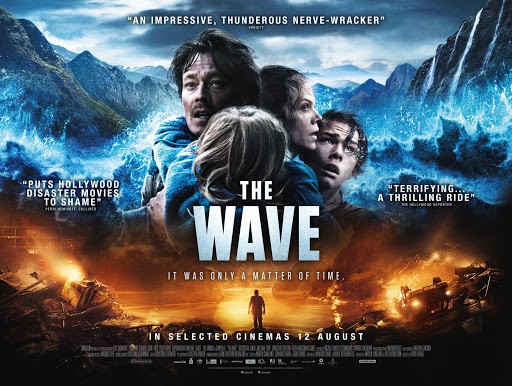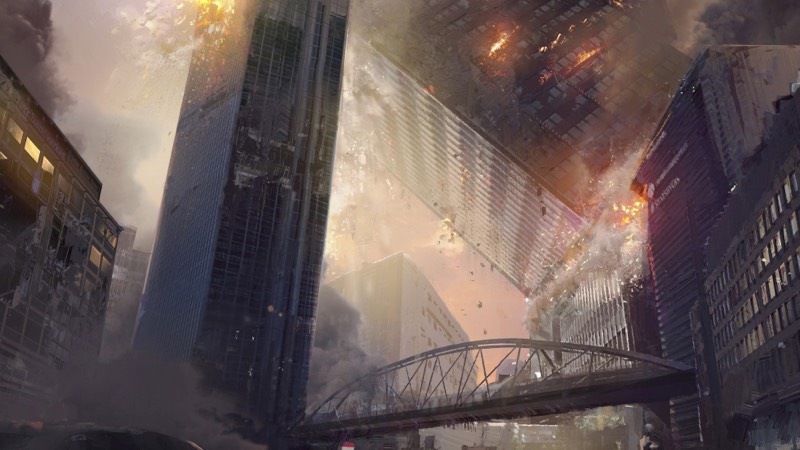

The undoubtedly impressive earthquake sequence rings hollow because Oslo feels empty, bereft of any personal attachment. Yes, the scale of destruction is vastly more impressive but the destruction of Oslo lacks the same punch because The Quake didn’t spend its first act introducing us to nearly as many inhabitants as The Wave did. If anything, Kristian’s open pain is precisely the kind of hero that cinema needs more of.īut where the film falters is that it simply doesn’t have the astronomical levels of tension its predecessor offered. It’s a wonderful moment where we see that “being a man” doesn’t mean we’re not allowed to be vulnerable. As he sobs in front of Idun, the tears run through grief-etched fissures running across his face. Kristian may have saved countless people but that doesn’t mean he doesn’t feel the weight of the souls of nearly 250 people he couldn’t save.
The quake norwegian film movie#
The movie recognizes that being a hero doesn’t mean being free from the pain of consequences. She embodies the pain of a child caught between two separated parents, clearly affected by the awkwardness and pity of being around her father and his unrelenting grief yet able to still exude warmth and love.

While Hoff Oftebro is just as good in the role of Sondre as he was in The Wave, the Eikjord child that gets the majority of attention this time around is Julia (once again played by Haagenrud-Sande), who steals the show. Likewise, Dahl Torp plays Idun with strength, determination, class, and focus, making her character a sight to behold.

Couple that with the same attention to familial attachment as The Wave and this film builds a very similar level of terror and apprehension.Īs with the first film, Joner plays Kristian with the kind of intensity and dedication that deserves award recognition. With each signifier, Kristian’s realization that Oslo is at perilous risk only adds to the viewer’s rising heart rate. Taking Roar Uthaug’s pacing from The Wave, director John Andreas Andersen allows the step-by-step revelations to build the tension throughout the first act until the release of the calamity in the second. But when an even more terrifying threat looms over Oslo and threatens the lives of his family, Kristian must put aside his pain to save an entire city from what may very well be the country’s most catastrophic phenomenon. This guilt is all-encompassing, resulting in the separation from his wife, Idun (Dahl Torp), and an ever-widening distance with his children, Sondre (Hoff Oftebro) and Julia (Haagenrud-Sande). Kristian Eikjord (Joner) has been living with the guilt and pain of those who perished, regardless of his being celebrated as a hero for saving so many lives. But the loss of life isn’t the only thing that was affected by the tsunami. With nearly 250 lives lost, Norway is still asking how such an event could’ve happened and what can be done to prevent such a tragedy from recurring. It’s been three years since a quake triggered a landslide near Geiranger, a small Norwegian town, resulting in an 80-meter (262ft.) high tsunami that devastated the local community.


 0 kommentar(er)
0 kommentar(er)
